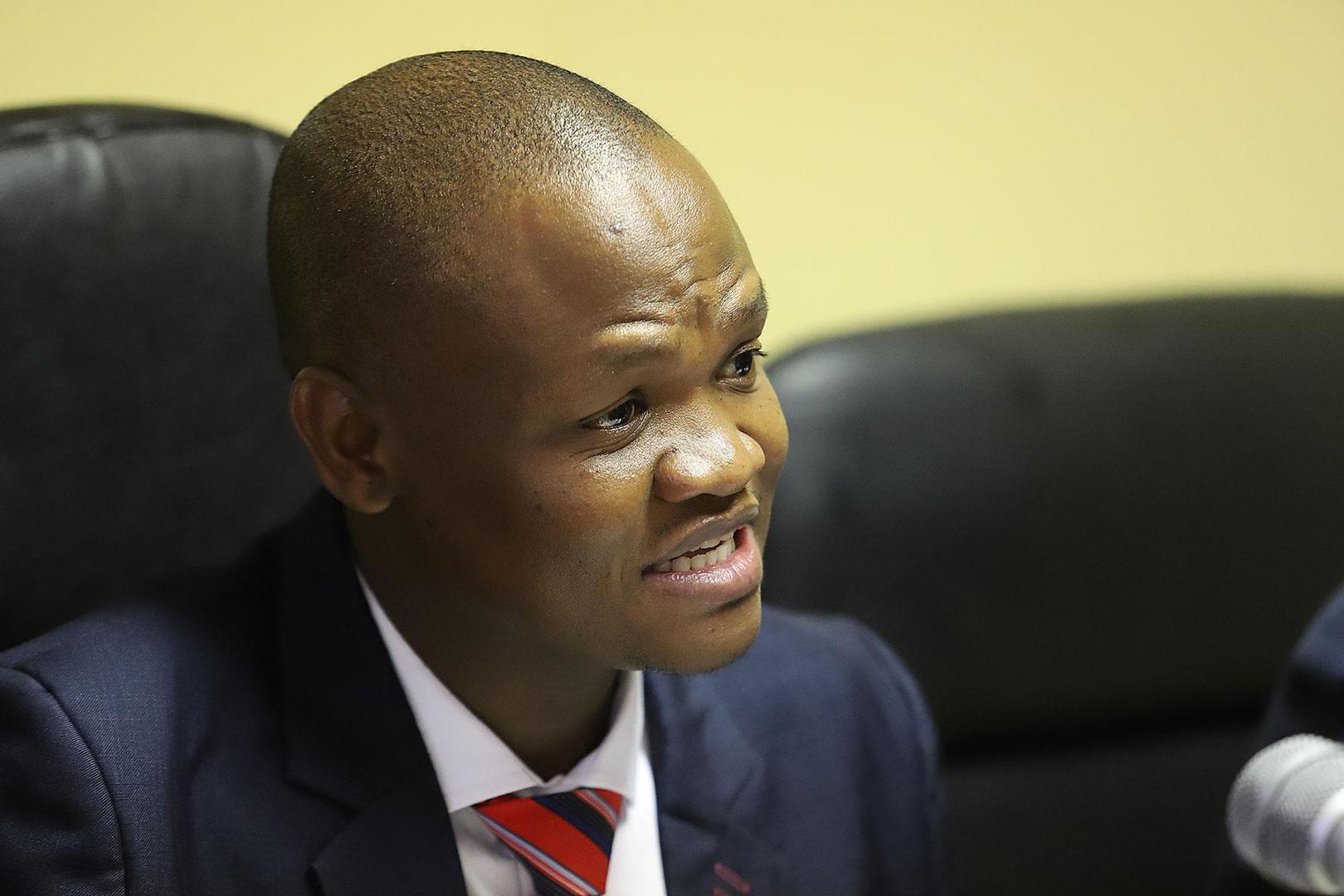Africa-Press – Botswana. The acting Minister of Lands and Agriculture, Dr Edwin Dikoloti says the ministry has not yet begun supplying farmers with semen.
Answering a question in Parliament on Monday, Dr Dikoloti said while to date, a total of 130 170-semen straws had been produced from the imported cattle from United States and Australia, the ministry was awaiting Cabinet approval of the semen prices and the necessary approval.
The acting minister stated that the intention was to ensure the equitable distribution of semen, embryos and even offspring to all farmers across the country.
He noted that to ensure smallholder farmers, who constituted the majority of cattle owners, could affordably access these improved genetics, the government operated artificial insemination (AI) centres across the country, each allowing a farmer to enter up to 10 heifers or cows at a time. Dr Dikoloti promised that the government also sold semen and provided AI services at subsidised prices to farmers. “The Botswana government promotes on-farm AI and encourages farmers to purchase their own AI canisters. Resources permitting, and subject to cost-effective management, one of the proposed initiatives is to outsource the delivery of extension services, including artificial insemination,” he noted.
He further said briefed Parliament on the current status of the cattle imported from the United States and Australia, saying they had adapted well to local conditions. From the American consignment of one 140 bulls and 21 heifers received in May 2023, he said seven bulls and two heifers had died, leaving a balance of 133 bulls and 18 heifers. The minister said most of the mortality was attributed to suspected infections with tick-borne diseases. Dr Dikoloti said so far, only three calves had been born from the US consignment, due to the young age of the heifers at the time of arrival in Botswana during the 2024/25 breeding season, adding that 82 heifers were inseminated.
He was responding to a question from the MP for Maun West, Mr Caterpillar Hikuama, who had asked the minister to provide a briefing to Parliament on the current health, well being and adaptation of imported cattle to Botswana’s environmental conditions. Furthermore, the minister had requested the current number, accounting for mortalities and newborns since their arrival.
He also wanted to know the uptake rate of germplasm (semen and embryos) by local farmers and if there were plans to distribute the genetic resources (semen, embryos, or even offspring) more widely across the country, beyond the Ramatlabama facility, to ensure equitable access for all farmers.
Additionally, the MP wanted to know what mechanisms were in place to ensure that smallholder farmers, who constituted the majority of cattle owners, could affordably access the improved genetics.
For More News And Analysis About Botswana Follow Africa-Press






